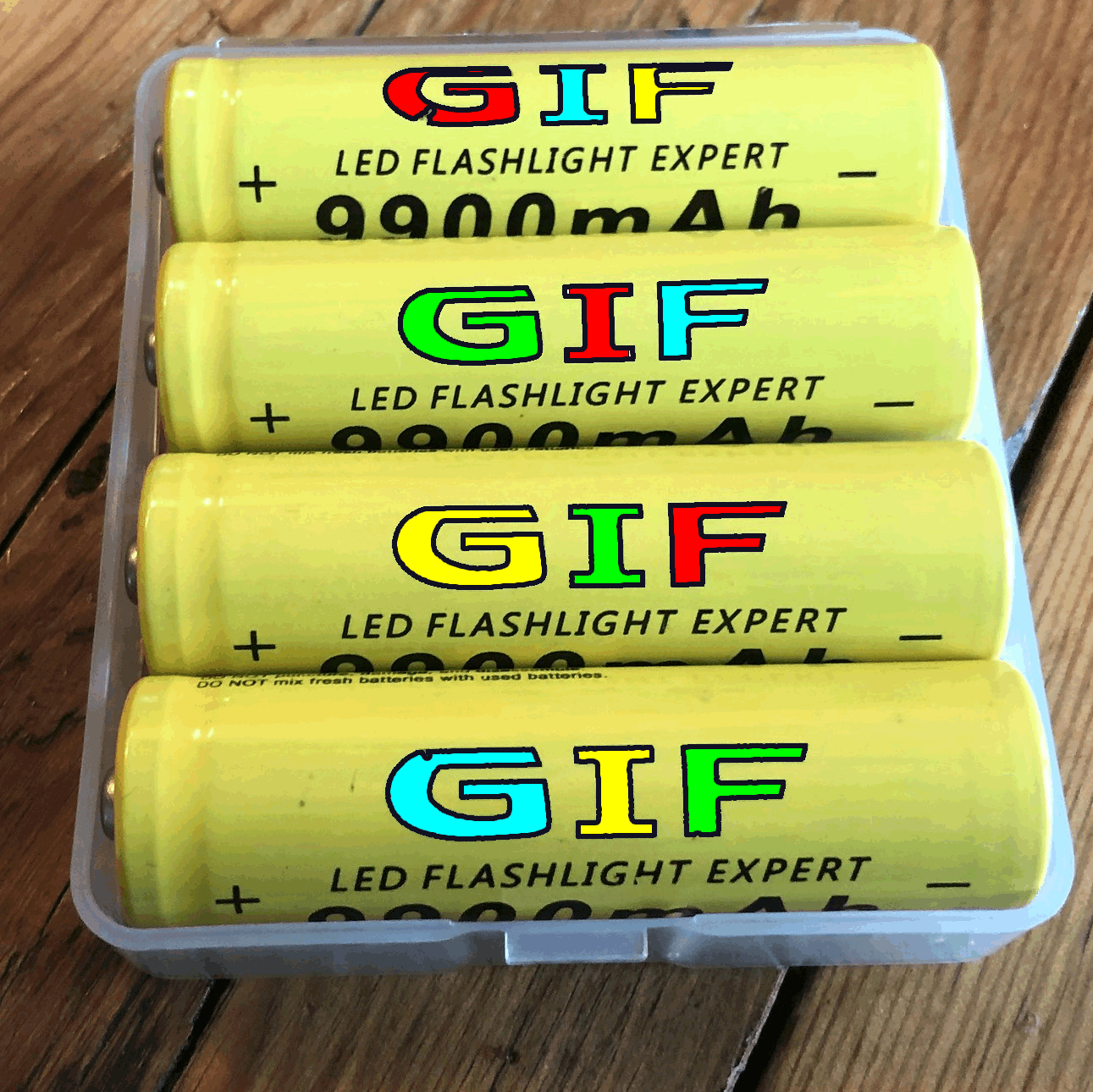Have you ever been called a "silly goose" and wondered what that truly means, or where such a delightful phrase came from? It’s a rather charming expression, isn't it, often spoken with a little smile? You know, sometimes words just stick around, and this one has quite a story, a bit like a gentle whisper from the past.
This phrase, "silly goose," holds a special spot in how we talk to each other, especially when we want to show a little warmth. It often comes up when someone does something a bit foolish, but in a way that’s completely harmless and maybe even a little sweet. We often hear it from folks who care about us, like an older relative or a good friend, just offering a bit of playful ribbing.
Today, we're going to take a closer look at this interesting phrase. We’ll talk about what it means, where it might have started, and how people use it in their daily lives. It's a phrase that, in some respects, carries a lot of affection, even when pointing out a small mistake. We'll also consider why it feels so different from other words that might describe someone doing something a little foolish.
Table of Contents
- What Does "Silly Goose" Mean?
- The Roots of a Playful Phrase
- Using "Silly Goose" in Everyday Talk
- Why Not a Serious Insult?
- "Silly Goose" in Popular Culture
- Silly Goose Parties and Other Fun
- Frequently Asked Questions
What Does "Silly Goose" Mean?
So, you might be asking, what does it mean to call someone a "silly goose"? Well, basically, it describes a person who has done something a bit foolish or made a small, harmless mistake. It’s a way of saying, "Oh, you!" without being harsh or mean. It's really more about affection than criticism, you know?
Imagine someone forgets their keys in the fridge, or they put their shirt on backward. That's the kind of moment where "silly goose" fits just right. It points out the little slip-up, but it does so with a soft touch, often with a fond smile. It’s like saying, "You're a bit goofy, but we love you anyway."
The term suggests a kind of innocence, or perhaps a moment of being a little absent-minded. It's not about being truly unintelligent or doing something truly bad. It's more about those sweet, funny human errors that make us, well, human. It's almost as if the phrase itself gives a gentle hug.
The Roots of a Playful Phrase
Where did this charming phrase come from, you might wonder? Apparently, the phrase "silly goose" came into being around the 1950s. It was used to talk about someone who believed something that was pretty clearly not true. This meaning, you see, came about because people thought geese were a bit simple-minded or easily tricked.
It’s interesting to think about how language shifts. There's a thought that this phrase, "silly goose," might have grown out of a need for softer words. Perhaps parents and teachers, you know, wanted to avoid using a word like "stupid" with little children. "Silly" just sounds so much gentler, doesn't it, and less likely to hurt feelings?
So, it seems the phrase evolved to offer a kinder way to point out a minor error or a moment of being a little unthinking. It moved from describing someone who was perhaps easily fooled to someone who was just a bit clumsy or forgetful in a lovable way. This gentle change in meaning really shows how words can adapt over time to fit our feelings.
Using "Silly Goose" in Everyday Talk
When people use "silly goose," it's usually in very specific situations. It's often heard as a way of affectionate ribbing, particularly from someone older, like a grandparent or an aunt, to a younger person. A friend might also use it with another friend, you know, when they're just teasing in a friendly way.
It's a phrase that carries a lot of warmth, actually. Imagine a child trying to put their shoes on the wrong feet, or an adult accidentally walking into a glass door. These are moments where "silly goose" feels just right. It acknowledges the little mistake but wraps it in kindness, sort of like a verbal pat on the head.
The phrase is really free for anyone to use, too. It’s not something that belongs to one group or another. It's just a common part of how we speak, a little bit of playful language that helps soften things. It just shows, in a way, how we can use words to build connections and share a little laugh.
Why Not a Serious Insult?
Now, if you try to use "silly goose" as a serious insult, you'll likely find it doesn't quite work. You will sound a bit weird, and yes, quite silly yourself, if you try to make it sound harsh. It simply doesn't carry the weight of a true insult. It’s not a phrase that makes someone feel truly bad or put down.
The very nature of the phrase is light and airy. It’s meant to be playful, not hurtful. When someone calls you a "silly goose," it’s often accompanied by a smile or a gentle nudge. It’s the kind of thing you hear when someone is fond of you, even if you’ve done something a little bit dopey. It really is about affection.
So, if you're looking for a word to truly put someone down, "silly goose" is not the one. Its history and its common use have made it a term of endearment, a bit of gentle teasing. It’s almost impossible to use it with true malice, which is, in some respects, a nice thing about it.
"Silly Goose" in Popular Culture
The phrase "silly goose" pops up in all sorts of places, you know, beyond just everyday chats. You might hear it in children's books, where it fits right in with the playful stories. It also appears in cartoons and movies, usually to describe a character who is a bit clumsy or makes funny mistakes, but always in a charming way.
There are even fun, imaginative uses, like the idea of a "silly goose university diploma." This just goes to show how the phrase has become a symbol of lightheartedness and good fun. It's not about being smart or serious; it’s about embracing the lighter side of things. It’s really quite endearing, actually.
While the phrase itself is free for anyone to use, it’s interesting how it can become distinctive in certain settings. For instance, while it’s not commonly used for clothing, if it were, that would make it unique in that context. This just proves how common and widely accepted the phrase is in general conversation, which is pretty neat.
Silly Goose Parties and Other Fun
The playful nature of "silly goose" even extends to events! Imagine a "silly goose party" – it sounds like a lot of fun, doesn't it? People actually plan parties around this theme, collecting silly games and activities for everyone to enjoy. It’s a way to celebrate being a bit goofy and letting loose, which is, you know, a pretty good idea sometimes.
These kinds of gatherings often have mixed ages, meaning both kids and adults can get in on the fun. It’s all about creating an atmosphere where it's okay to be a little bit absurd and just enjoy some lighthearted moments. It’s almost like the phrase itself encourages a sense of joyful abandon.
And it's not just parties. The phrase can inspire names for things, too. Someone mentioned having an audio journal called "silly goose" constantly playing. While that might get a bit irritating if it's on repeat, it shows how the phrase can stick in our minds and become part of our daily surroundings, even in unexpected ways.
Frequently Asked Questions
What does "silly goose" mean?
The phrase "silly goose" describes someone who has done something a bit foolish or made a small, harmless mistake. It's a gentle, affectionate way to point out a minor slip-up, rather than a harsh criticism. It often carries a sense of fondness for the person.
Is "silly goose" an insult?
No, "silly goose" is not meant to be a serious insult. It's used more for affectionate teasing, often by an older relative or a friend. If you try to use it seriously as an insult, it will likely sound odd and not have the intended effect, as it carries a lighthearted and often endearing tone.
Where did the phrase "silly goose" come from?
The phrase "silly goose" appeared around the 1950s. It first described someone who believed something that was clearly incorrect, possibly because geese were thought to be a bit foolish. Over time, it softened, perhaps to offer a kinder alternative to harsher words like "stupid," especially when talking to children, and now means someone who is playfully foolish or makes minor, harmless errors.
The enduring charm of "silly goose" really shows how language can be both playful and kind. It reminds us that sometimes, a little bit of silliness is not just okay, but actually quite endearing. It’s a phrase that, you know, continues to bring a smile to many faces. To learn more about how everyday phrases come to be, you might check out a site like Online Etymology Dictionary. You can also learn more about common idioms on our site, and perhaps link to this page for more fun expressions.



